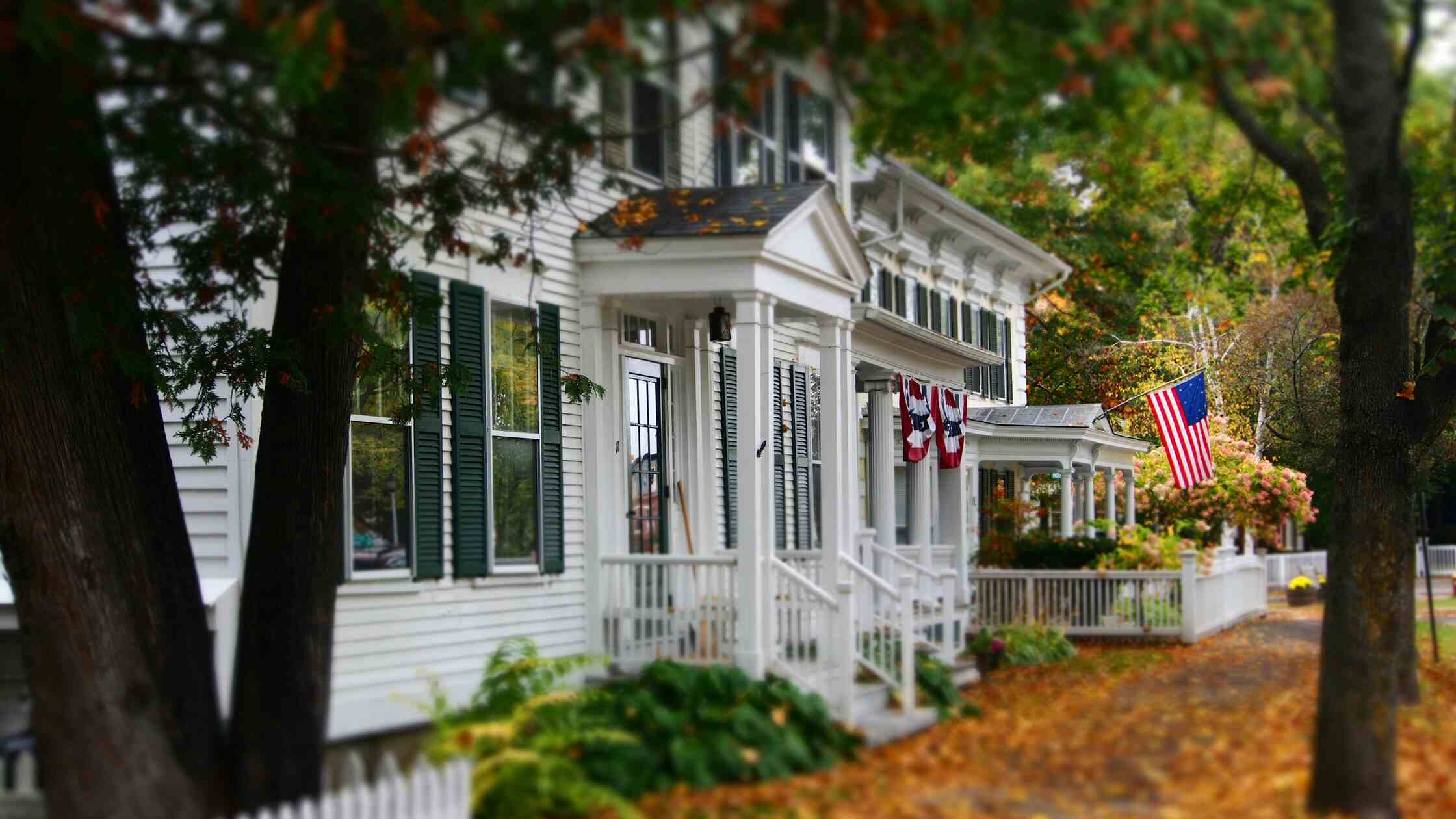Illinois squatter rights are an increasingly relevant topic for property owners in this specific state. Understanding these rights is essential for navigating property disputes and safeguarding your investments.
Whether you’re a landlord, homeowner, or investor, this guide will help you understand squatting laws in Illinois, adverse possession requirements, and the legal avenues available for addressing unauthorized occupants.
In this comprehensive 2025 guide, we explore squatter rights within Illinois’s legal framework, including the city of Chicago, common misconceptions, and effective ways to remove squatters while adhering to state laws.

Quick Facts About Renting And Illinois Squatter Rights Laws
What Are Squatter Rights within Illinois Legal Framework?
Squatter rights, in general, or squatting laws in Illinois, in particular, refer to the legal protections given to individuals who occupy a property without the owner’s explicit permission.
In this state, these Illinois squatter rights are generally controlled by adverse possession statutes, which allow a squatter to claim property ownership provided certain circumstances are fulfilled. While squatters may initially seem like trespassers, their rights can become enforceable under certain circumstances, provided they fulfill Illinois’s legal requirements.
Adverse Possession Laws in Illinois
Adverse possession in Illinois is a legal doctrine that permits individuals to gain ownership of land through prolonged, unauthorized occupation. Based on the squatting laws in Illinois, this process is complex and requires strict adherence to state laws.
What Is Adverse Possession?
Adverse possession allows a squatter to claim legal ownership of a property after meeting specific criteria over a continuous period. This legal doctrine is designed to encourage productive land use and resolve disputes over long-neglected properties.
Criteria for Adverse Possession in Illinois
To claim adverse possession, a squatter in Illinois must meet the following criteria (due to Illinois squatter rights):
- Required Continuous Possession: Occupying the property without significant interruption for 20 years.
- Hostile Possession: Occupation must be without the owner’s permission.
- Open and Notorious Use: The occupation must be obvious to the owner and the public.
- Exclusive Possession: The squatter must have sole use of the property, excluding the rightful owner.
- Actual Possession: The squatter must physically use the property, such as living on it or making improvements.
Statutory Period and Requirements
Illinois squatter rights law requires a continuous possession period of 20 years for adverse possession claims. This period may be shortened if the squatter has paid property taxes and holds the color of title (a document that appears to provide ownership but is legally inadequate).
Squatter Rights within Chicago City Limits
Squatter rights, Chicago specifically, are subject to Illinois state laws but may also be influenced by local ordinances. Property owners in Chicago should be particularly vigilant, as the city’s dense population and housing shortages can increase the likelihood of squatting incidents. Chicago property owners are advised to:
- Regularly inspect vacant properties.
- Promptly address signs of unauthorized occupancy.
- Follow the legal eviction process to avoid penalties.
Common Misconceptions About Squatter Rights
There are many misconceptions surrounding Illinois squatter rights or the general concept of squatter laws, leading to confusion and potential legal missteps. Here are some of the most common myths.
To Squatters Rights, 30 Days of Occupancy Is Required Only (Myth Or Real)
One widespread misconception is that squatters gain legal protections after 30 days. In reality, squatters do not acquire ownership rights or special protections after such a short period. Illinois law enforces a 20-year requirement for adverse possession claims.
Immediate Rights Upon Occupancy
Another myth is that squatters gain immediate rights upon entering a property. While Illinois recognizes adverse possession, squatters must meet strict criteria over a prolonged period before asserting any legal claim.
How to Handle Squatters in Illinois?

Dealing with squatters requires a clear understanding of the legal process and strictly following Illinois squatter rights laws and general state laws. Property owners must follow Illinois’s eviction laws to ensure compliance and avoid potential liability.
5-Step Legal Eviction Process for Removing Squatters
- Step 1 - Serve a Notice to Vacate: Issue a written notice demanding the squatter leave the property within a specified timeframe.
- Step 2 - File an Unlawful Detainer Lawsuit: If the squatter refuses to leave, file an eviction lawsuit in the local court.
- Step 3 - Attend the Court Hearing: Present evidence that the squatter’s occupation is unauthorized.
- Step 4 - Obtain a Court Order: Secure a legal order for the removal of the squatter.
- Step 5 - Request Law Enforcement Assistance: Use local law enforcement to enforce the court’s eviction order, if necessary.
Avoid self-help eviction tactics, such as changing locks or removing belongings, as these actions are illegal due to Illinois squatter rights law and can lead to legal repercussions.
Another note is when dealing with squatters in Illinois, it's crucial to have a well-drafted lease agreement that outlines responsibilities, including utility payments. For more information on setting up clear utility responsibilities in lease agreements, visit Utilities in Illinois Rentals.
Can Police Remove Squatters in Illinois?
Police can remove squatters in cases where criminal trespassing is evident. However, the matter typically requires a court ruling if the squatter claims tenancy or adverse possession. Property owners should refer to Illinois squatter rights laws and involve law enforcement properly only after confirming the squatter’s occupation is unlawful.
Recent Updates on Illinois Squatter Rights in 2025
In 2025, Illinois squatter rights laws have just been updated, alongside the property laws to address modern challenges:
- Streamlined Eviction Process: New measures aim to reduce delays in resolving squatter-related disputes, including a senate bill on giving police more authority to remove squatters.
- Enhanced Trespassing Penalties: Increased fines and penalties for unlawful occupation to deter squatting.
- Digital Documentation Requirements: Courts now accept digital records as evidence in adverse possession and eviction cases, simplifying the legal process for property owners.

Closing
Illinois squatter rights are a complex legal topic requiring careful navigation. Property owners must stay informed about state laws, local ordinances, and recent updates to effectively address squatter-related challenges. By understanding adverse possession and following the proper eviction process, you can protect your property and avoid legal pitfalls.
FAQs
Q1. How To Become A Squatter In Illinois?
Regarding Illinois squatter rights, becoming a squatter in this state involves occupying a property without the owner’s permission. However, to gain legal ownership through adverse possession, the squatter must meet strict criteria, including 20 years of continuous, exclusive, and hostile possession.
Q2. Can You Get Evicted In The Winter In Illinois?
Yes, Illinois law allows evictions during winter months. However, landlords must follow the legal eviction process regardless of the season.
Q3. How To Get Rid Of Squatters In Illinois?
As mentioned earlier, to remove squatters in Illinois while still ensuring meeting Illinois squatter rights laws, you should serve a notice to vacate, file an eviction lawsuit if they refuse, and obtain a court-issued writ of possession. Local law enforcement can then enforce the writ, and you should avoid any illegal attempts like self-eviction.


